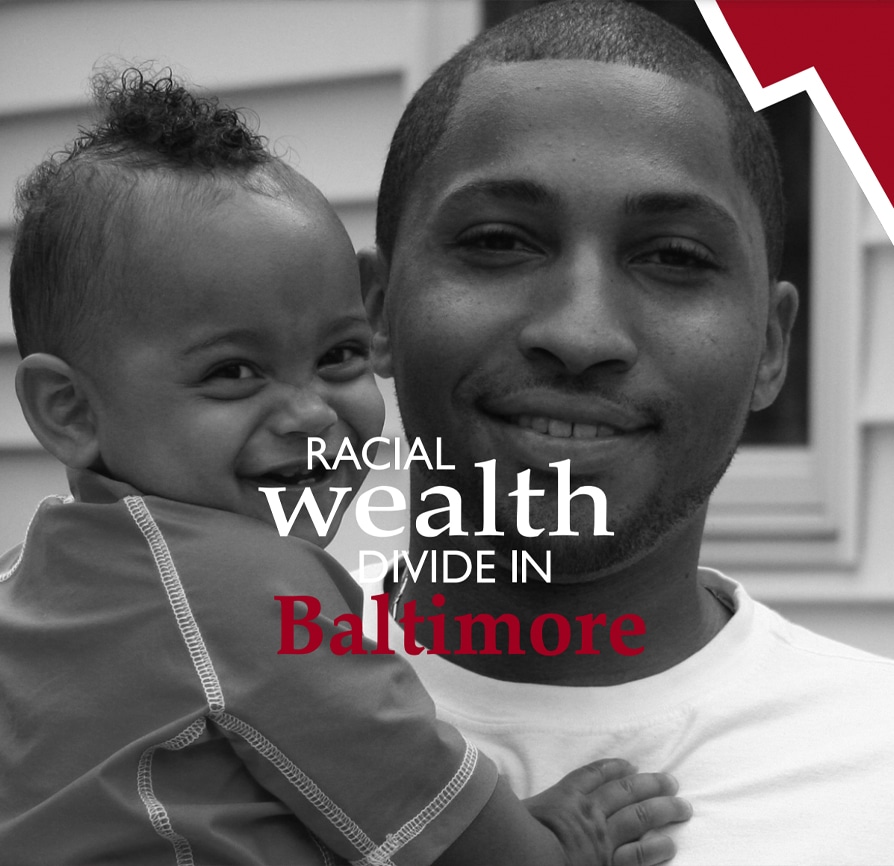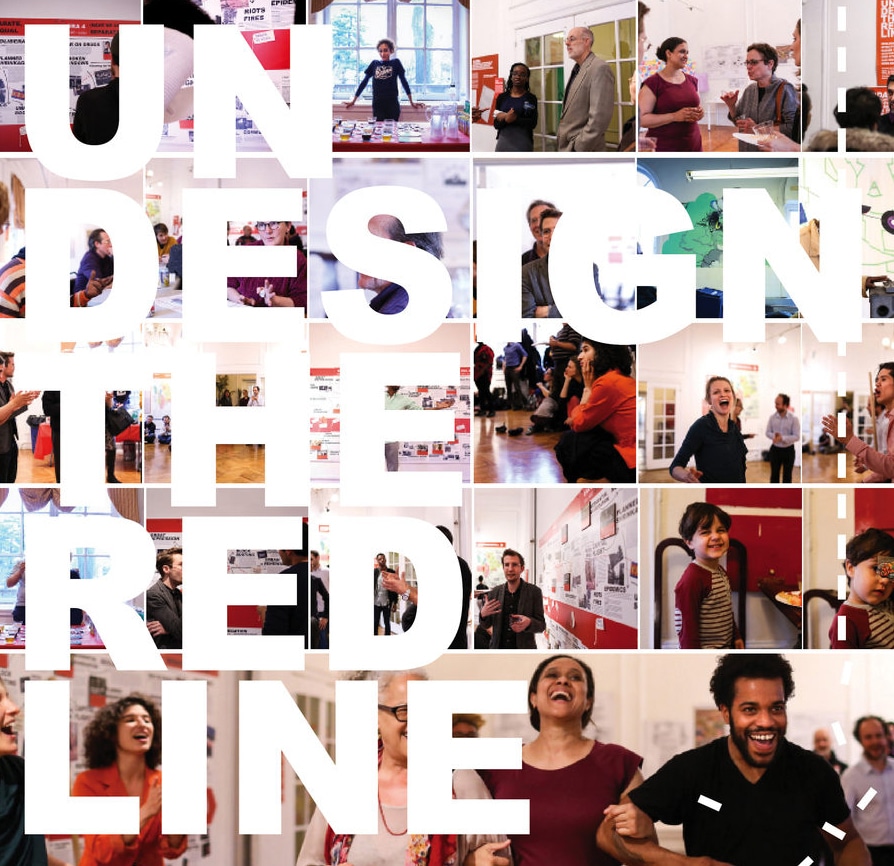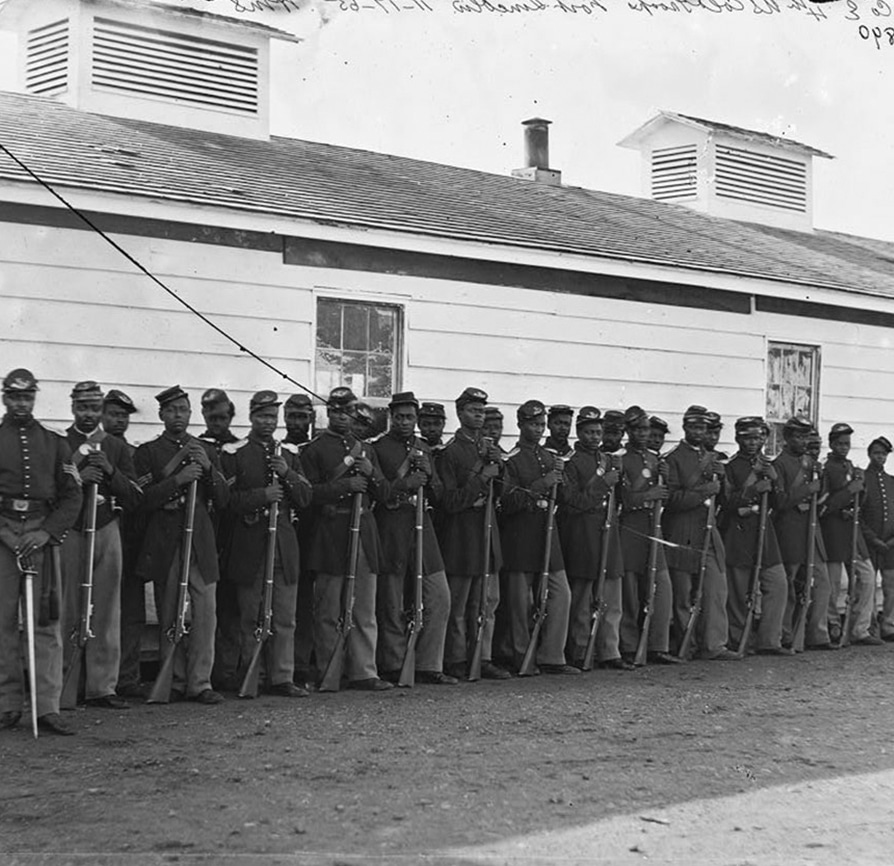Why We Do It
Understanding Baltimore's Legacy
A History Rooted in Resilience
Baltimore has a storied history intertwined with the experiences of its Black residents. Since the 18th century, the city has been a hub for Black culture, intellectualism, and resistance. In the antebellum period, Baltimore housed one of the largest free Black communities in the U.S., making it a focal point for early Black entrepreneurship, education, and arts. Institutions like the Douglass Institute and figures such as Frederick Douglass, who spent his formative years in the city, showcase Baltimore's deep historical connections with Black activism and thought.
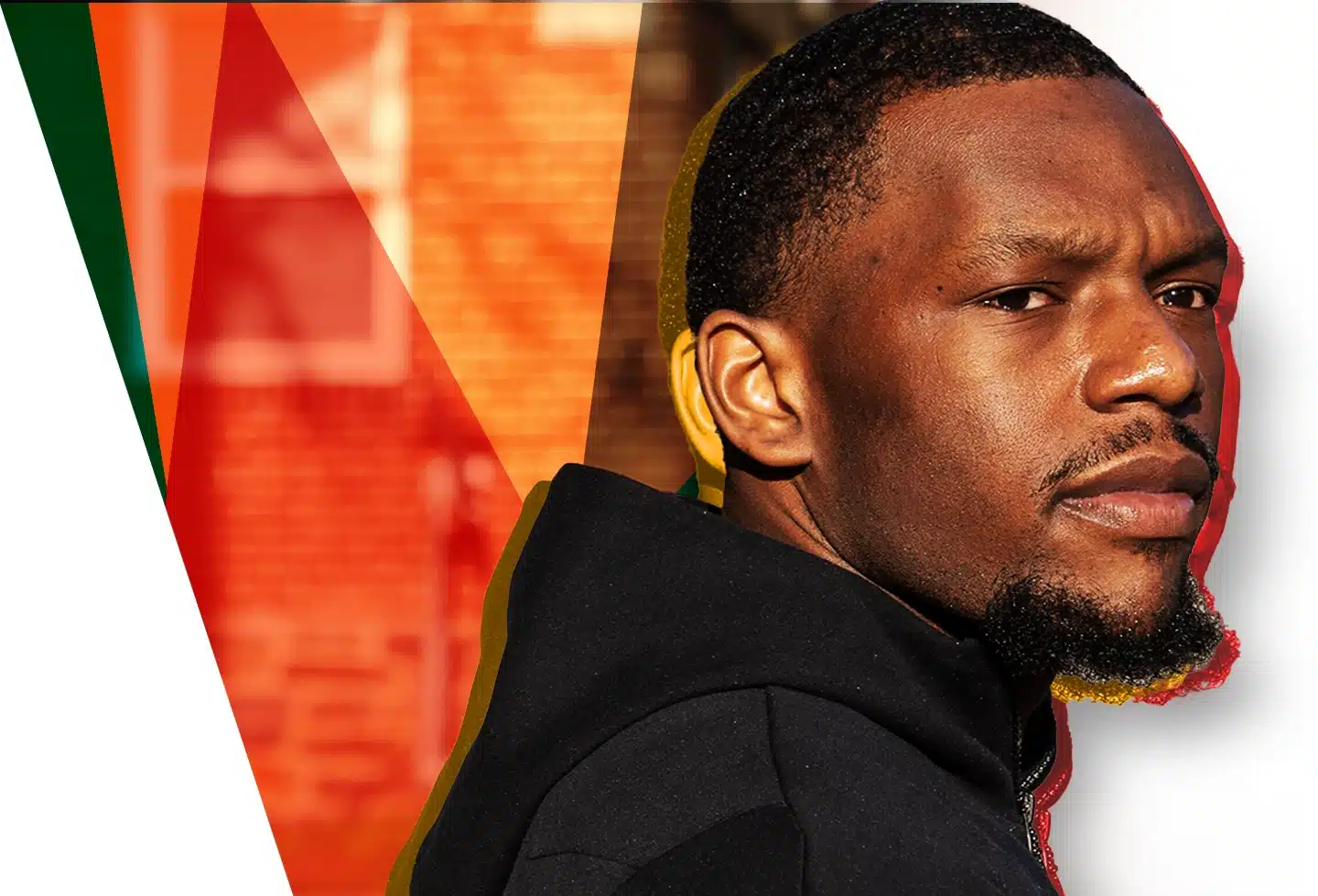
Generations of Political Disempowerment
A Historical Overview
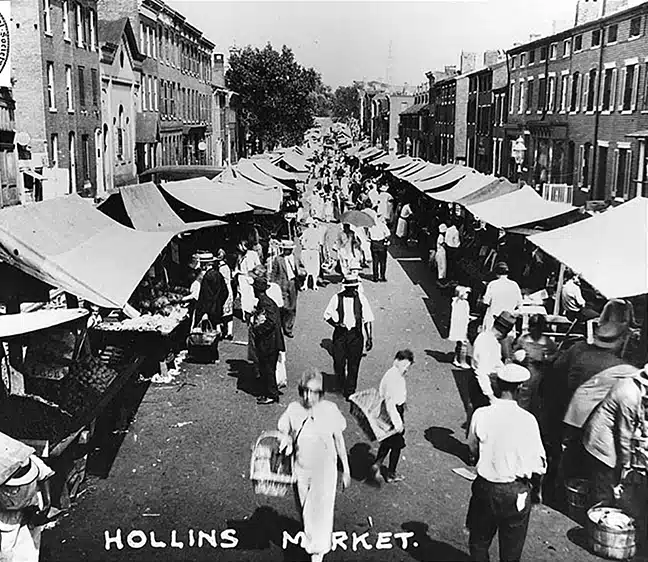
While the Black community of Baltimore was vibrant and influential, it was not immune to the racial injustices that pervaded America. One such injustice was redlining. Introduced in the 1930s, redlining was a systemic practice where areas with a significant Black population were marked as "high risk" on maps, making it almost impossible for residents in these areas to secure loans or invest in their properties. This discriminatory practice entrenched poverty, prevented Black homeownership, and bolstered racial segregation.
Baltimore was particularly affected by redlining. Predominantly Black neighborhoods faced substantial disinvestment, leading to declining infrastructure, decreased property values, and increased poverty. The ripples of this economic marginalization can still be felt today, with many of the previously redlined areas continuing to struggle with economic disparities.
Hollins Market
Baltimore, Maryland, 1930 : Photographer unknown
Baltimore City Life Museum Collection
Maryland Historical Society - MC4239
A New Dawn: Black Social Entrepreneurship in Baltimore:
Despite the systemic challenges, the Black spirit of Baltimore remained unbroken. Over the years, the city witnessed a resurgence, heralded by a new generation of Black social entrepreneurs determined to reshape the narrative.
Today, Baltimore is witnessing an entrepreneurial renaissance. Black social entrepreneurs are not just establishing businesses but are also striving to solve social issues, bridge community gaps, and rejuvenate neighborhoods historically affected by redlining.
Learn About Our Context
The purpose of IW and the work we do is best understood when we examine the context within which we exist in Baltimore City. Decades of redlining and racially motivated policies have left many predominantly Black neighborhoods in Baltimore lacking adequate resources and investment to provide support for their community members. Social entrepreneurship is one way to address such challenges.
An interactive exhibit, workshop series, and set of curriculum that explores the history of structural racism, inequality, and redlining
Policies and practices that have disadvantaged Black Americans generation after generation help explain the racial wealth gap.
